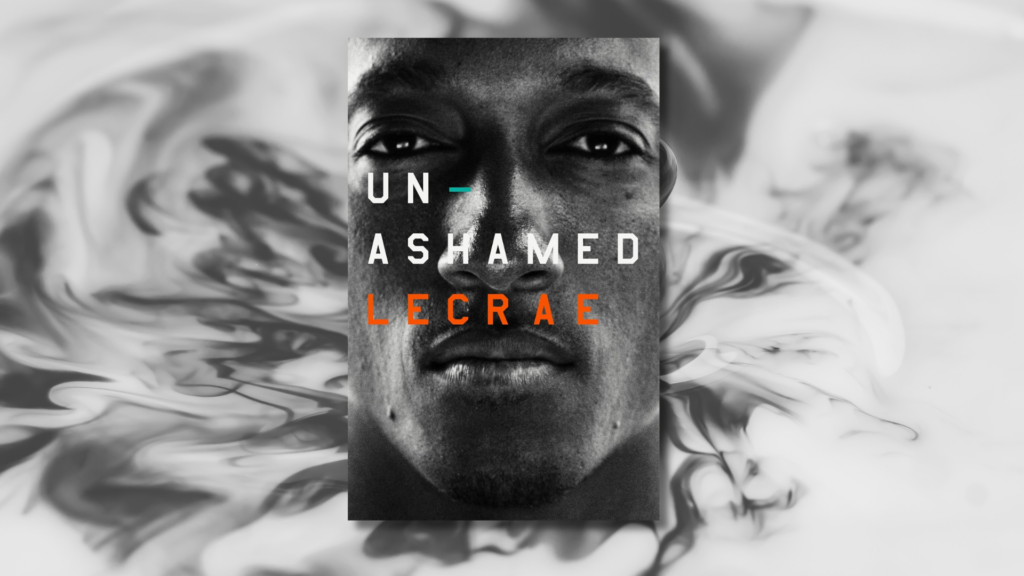Week 11 Reading Wrap-Up: Love, Liberation, and Lecrae

This week’s reading list felt like a well-balanced playlist: a little theology, a little politics, a touch of real-talk on relationships, and a mic drop from Lecrae. All four books earned solid star ratings, with one standout that talked its way into five stars by the end. Let’s dive in.
Reading While Black by Esau McCaulley – ⭐⭐⭐⭐
This was easily one of the most thought-provoking books I picked up this week. McCaulley brings a compelling voice to what it means to approach Scripture as a Black believer. One of the most illuminating ideas was his reflection on how Black theology engages deeply with the Exodus narrative—not as a distortion or a biased reading, but as an application rooted in lived experience.
He writes, “We ask questions of the text, and it asks questions of us.” That line stuck with me. It reframes biblical interpretation as a two-way conversation, something I think every believer could stand to think more deeply about.
I even tried to get Dr. McCaulley on 2 Pentecostals and a Microphone (yes, shameless plug), but between his new church plant, seminary duties, and his own podcast, he’s understandably booked. Still, fingers crossed for the future!
Loveology by John Mark Comer – ⭐⭐⭐⭐
While it didn’t hit the same high notes as Practicing the Way, Loveology was a worthwhile read on relationships and sexuality within a Christian framework. Comer doesn’t shy away from the awkward topics—sex, desire, gender roles—but he mostly handles them with care. I will say, some of the candor might push the envelope for more conservative readers.
It’s a “need to read” for Christian couples, especially those early in marriage, but I wouldn’t hand it out before The Five Love Languages. Think of it as the cool older cousin of your standard marriage book: not essential, but definitely interesting at the family reunion.
White Poverty by Rev. Dr. William J. Barber II – ⭐⭐⭐⭐
Dr. Barber makes a powerful, often-overlooked argument: we can’t fully address systemic poverty without acknowledging the scope and reality of white poverty in America. This isn’t about either/or; it’s about both/and. There are more poor white Americans than any other group, but political narratives have long painted poverty with a racialized brush.
What I appreciated most was the takedown of the “welfare queen” myth and other racially charged tropes. Barber argues that many poor white folks have been sold the illusion that they have something in common with wealthier white Americans, when in fact, their struggles often mirror those of poor BIPOC communities.
The government’s outdated poverty metrics don’t help either. This book is a call to recalibrate how we talk about poverty—and who we imagine when we do.
Unashamed by Lecrae Moore – ⭐⭐⭐⭐⭐
Okay, I originally had this as a four-star read. But the more I think about it, the more I realize how rare Lecrae’s level of honesty is. So here we are: five stars.
As someone who grew up on Christian hip-hop (shoutout to Ill Harmonics, Grits, Tunnelrats, and Grapetree Records), Lecrae’s story hit differently. He was the face of a second wave for me, the one that brought me back to the genre with bangers like “Jesus Muzik”.
Unashamed doesn’t sanitize his journey. Lecrae doesn’t play the hero. Sometimes he’s the victim. Sometimes he’s the one who messed up. He centers God, his grandmother, and grace, not ego. It’s not the gritty, leave-you-showered-in-regret style of, say, Anthony Kiedis’ autobiography. It’s honest, but still redemptive.
If Christian rap ever meant anything to you, you need to read this.
Get Your Copy
- Reading While Black by Esau McCaulley
- Loveology by John Mark Comer
- White Poverty by Rev. Dr. William J. Barber II
- Unashamed by Lecrae (direct from Reach Records)
Links & Resources
- Lecrae’s label/store: Reach Records
- “Jesus Muzik” by Lecrae
- Esau McCaulley’s website
- “Donante de Sangre” by Daddy Yankee
- Follow me on Goodreads: goodreads.com/jaredithmize
- Related blog posts:
- My thoughts on Practicing the Way
That’s it for this week’s wrap-up! If you’ve read any of these, or want to suggest what I pick up next, drop a comment. Or find me wherever the good books and the deep conversations are happening.
